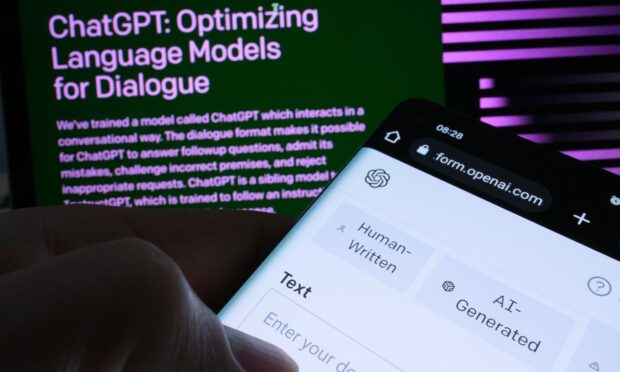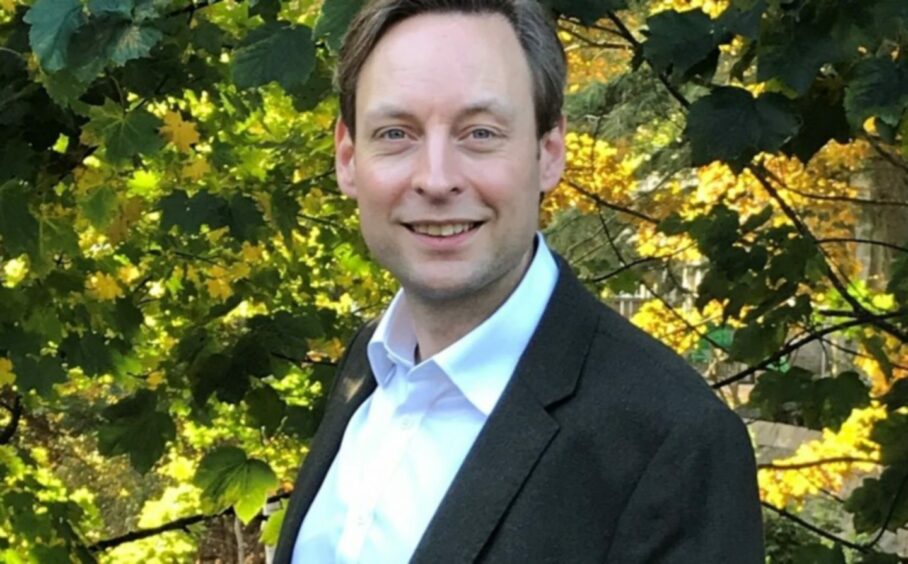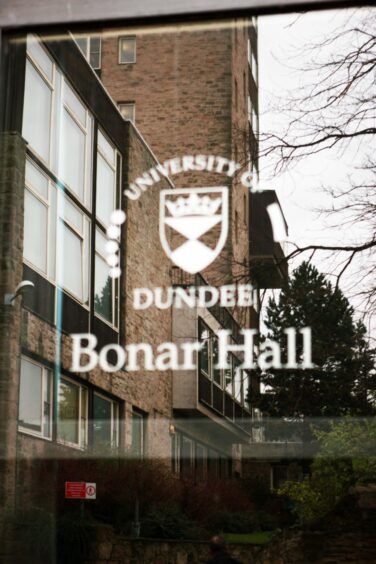Artificial intelligence chatbot ChatGPT is accessed more than 1,000 times each day at Dundee University, The Courier can reveal.
Information released by the university shows that over a 10-day period in August the website was visited by university servers an average 1,400 times a day.
ChatGPT responds to questions and prompts and can create new content such as text, images or music similar to what a human may create using artificial intelligence.
On one day alone in August the website was visited 1,778 times from the Dundee University network.
It has prompted concern from one MSP who says that while the visits could be innocent, AI could also be used to write essays or otherwise cheat.
Cheating concerns
Scottish Conservative Liam Kerr, the party’s shadow education secretary, is calling on the government to work with academics to find a solution to preventing misuse.
He told The Courier: “This snapshot showing hundreds of visits every day will cause real concern.
“This is a website which has been specifically flagged as something that enables people to fraudulently sit tests and write essays.
“Of course, many of these visits will be innocent, and may even have been for legitimate research purposes.
“But we know from other parts of the UK that AI can be used to cheat in universities, and we need to be alive to this new risk.
“I hope the Scottish Government can get together with those in academia concerned about this and find an urgent solution.”
A Dundee University spokesman said: “Society is still grappling with the potential of, and risks associated with, the use of generative artificial intelligence. Universities are no different.
“These figures reflect how these tools are being used in wider society, as ChatGPT and others such as Bard, Claude and Perplexity AI are increasingly being used as alternatives to services like Google and Wikipedia.
“The fact they are becoming more popular does not mean people are using them to cheat or deceive.
“We are currently drafting guidance for students and staff on the use of generative AI, emphasising these must be used ethically and transparently, as is the same for many other processes, tools and services.”
In June it was reported around 40% of UK universities were dealing with so-called “chatbot cheat” probes.
Chatbot cheats
Freedom information of requests from 114 universities showed 48 institutions had investigated at least one student since December 2022.
It revealed 146 students had been found guilty of using AI in assessed pieces of work.
But the technology has also been recognised as beneficial when used appropriately, with potential for it to assist in research.
The Russell Group, an association of 24 public research universities, developed guidance on how ChatGPT and other AI tools can be used benefit and also protect academic rigour.
Dr Tim Bradshaw, the Russell Group chief executive, said: “The transformative opportunity provided by AI is huge and our universities are determined to grasp it.
“This statement of principles underlines our commitment to doing so in a way that benefits students and staff and protects the integrity of the high-quality education Russell Group universities provide.”
Universities sign up to “integrity charter”
A Scottish Government spokesman said: “The Scottish Funding Council and Quality Assurance Agency are working with universities to address the potential impacts that artificial intelligence can have on academic integrity, quality and standards.
“We are pleased that all higher education institutions in Scotland have now signed up to the Quality Assurance Agency’s Academic Integrity Charter.
“This signals a clear commitment to collaborate across the sector and work with staff and students to protect and promote academic integrity.”













Conversation